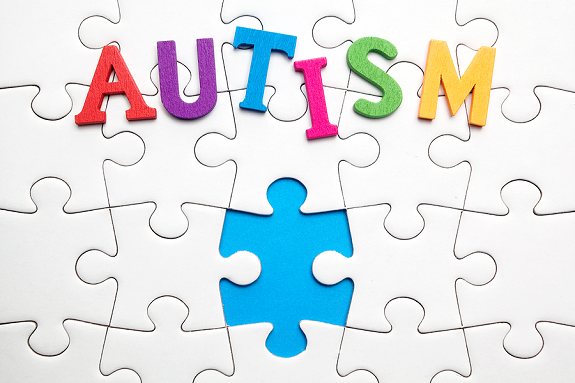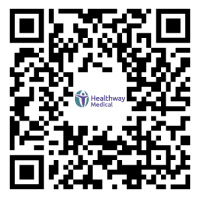Autism Spectrum Disorders
The term “Autism Spectrum Disorder” refers to developmental disorders that can cause significant challenges in one’s social skills, communication and behaviour.
ASD has replaced previously separate diagnoses such as Autistic Disorder, Asperger’s syndrome, and Pervasive Developmental Disorder – Not Otherwise Specified (PDD-NOS). These conditions are now collectively called Autism Spectrum Disorder. It is called a “spectrum” disorder because people with ASD can have a range of symptoms.
Screening and Diagnosis of Autism Spectrum Disorder
As there is no medical test, such as a scan or blood test, that can diagnose Autism Spectrum Disorder, it can be difficult to diagnose children with the disorder. Doctors will need to look at a child’s developmental history and behaviour to make a diagnosis
Signs of ASD include:
- Delayed speech and language skills
- Consistent repetition of words or phrases (i.e., echolalia)
- Persistent avoidance of eye-contact and preference for social isolation
- Difficulty understanding other people’s feelings and perception taking
- Difficulty sustaining a conversation
- Under developed play and social skills
- Presence of obsessive, restricted interest(s)
- Being easily upset by minor change(s) in a routine
- Unusual reactions to certain sounds, smells, tastes, textures or sights
- Odd repetitive body movements
Screening
Children can be screened at 12 months of age, with a reliable diagnosis by a trained professional being possible after 2 years of age.
An ASD assessment is two-fold, comprising of:
- Developmental screening to ensure that development has been age appropriate and,
- Comprehensive diagnostic evaluation which is often carried out by either Developmental Paediatricians, Child Neurologists, Child/Clinical Psychologists or Psychiatrists. Speech and Occupational Therapy assessments, at times, are also done concurrently to rule out any underlying conditions that maybe the cause of communication and behavioural symptoms.
Comprehensive diagnostic evaluations consist of both observing the child in various setting and, objective tools assessing the triad of challenges (i.e. Language/Communication Delays, Play/Social Delays and Restricted and Rigid Behaviours) seen among individuals with ASD.
Autism Treatment
There is currently no treatment for ASD, but there are several interventions that have been proven to help children reduce symptoms, improve cognitive ability and daily living skills, and maximize their ability to function and participate in the community.
Every child diagnosed with ASD has an individualised intervention plan. This plan is tailored to meet his/her developmental and educational needs and family resources. This plan will include programmes that address specific needs such as speech and language, occupational and behavioural therapies.










